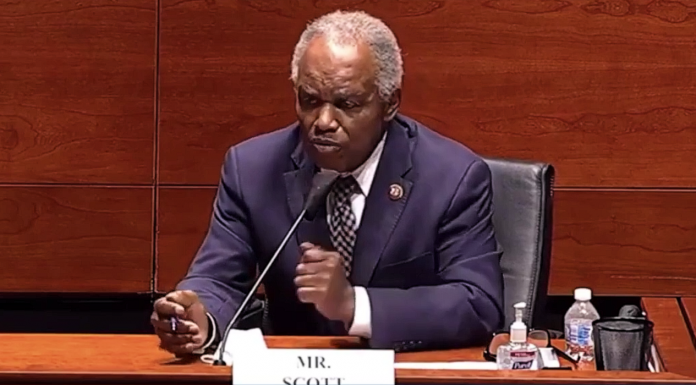House Agriculture Chairman David Scott, D-Ga., said on Wednesday that he opposes President Joe Biden‘s plan to increase death taxes.
Biden wants to almost double the capital-gains tax on inherited property, a proposal that Scott called a nonstarter, even with built-in deferrals for farms and ranches that pass from generation to generation, Roll Call reported.
“Any increase in inheritance tax for those taking over farm land is untenable and will further strain a farm economy that is just now beginning to recover from the strain of the pandemic,” Scott said.
Thirteen farm-district Democrats, led by Jim Costa, D-Calif., and Cindy Axne, D-Iowa, wrote a letter to the party’s leadership, demanding “full exemptions for these family farms and small businesses that are critical to our communities.”
Biden’s plan would also end “stepped-up basis,” a tax formula that allows the inheritor to pay taxes on inherited property at a lower market value.
The capital-gains tax would apply to inherited property that is valued at $1 million or more per person. The Treasury Department said the hike would yield $322.5 billion over 10 years.
Biden hopes to increase the capital-gains and corporate tax rates to partially offset his $1.8 trillion proposal for taxpayer-funded paid leave and babysitting via subsidized day-care.
The proposals are included as part of his so-called infrastructure plan, which drastically redefines the common parlance on what constitutes “infrastructure.”
Democrats in the evenly split Senate hope to use the semantic trick in order to pass the bill through reconciliation without seeking GOP support. But resistance in the House, where they hold only a razor-thin majority, could prove to be a more challenging hurdle.
Scott said he supports Biden’s policies, but that he cannot accept tax increases on rural farmers, ranchers and small businesses.
“The potential for capital gains to be imposed on heirs at death of the landowner would impose a significant financial burden on these operations,” he said.
“Additionally, my understanding of the exemptions is that they would just delay the tax liability for those continuing the farming operation until time of sale, which could result in further consolidation in farmland ownership,” he said. “This would make it more difficult for young, beginning, and socially disadvantaged farmers to get into farming.”

